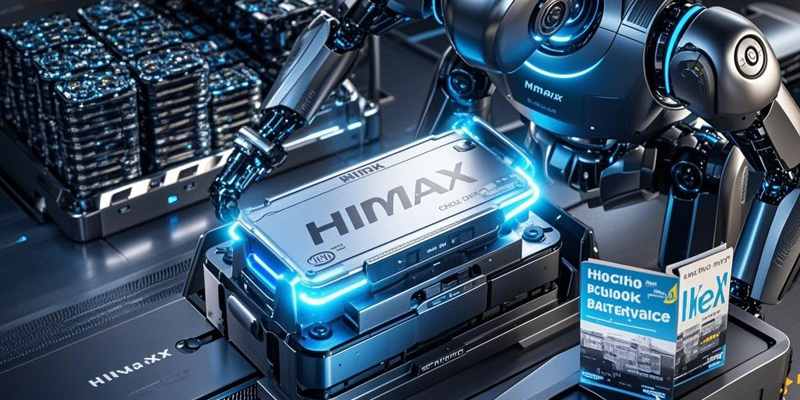During lithium ion battery manufacturing, internal short circuits in cells are a critical and potentially hazardous issue. In some cases, a shorted cell may later appear “normal” during retesting—for example, the voltage may recover, and no abnormal heat is detected. This leads many engineers to ask: Can a li-ion battery cell that once experienced an internal short circuit be reused if it passes retesting?
This article provides a detailed technical analysis and gives a clear conclusion:
Reusing such cells is strongly discouraged. Even if retesting results appear normal, the cell must be scrapped.
1. Hidden and Recurrent Risks of Internal Short Circuits
Internal short circuits are typically caused by:
- Metallic contaminants such as copper or aluminum particles;
- Burrs on electrode edges piercing the separator;
- Minor damage or thermal shrinkage of the separator.
These types of defects can be difficult to detect and may recur unpredictably. For example:
- Metal particlesmay initially cause a short and then melt due to localized heat, seemingly “resolving” the problem. However, they can remain in the cell and trigger a short again later.
- Copper debrismay lead to a cycle of melting and re-connection, resulting in intermittent short circuits.
- Burr-induced shortsmay not be detected under low current testing but can reappear during high-rate charge/discharge cycles.
2. Irreversible Material Damage From Short Circuits
Even if the cell voltage returns to normal, the internal structure may already be compromised:
- High temperatures at the short circuit site may melt the separator, enlarging pores or causing internal leakage;
- Decomposition of active materials or conductive additivesmay occur;
- These conditions accelerate side reactions, reducing capacity and increasing risk of failure.
Studies show that even after retesting, such cells may have near-normal capacity but significantly reduced coulombic efficiency (e.g., 99.3% vs. 99.9% in normal cells), indicating that side reactions are still active. This leads to faster degradation and higher thermal risk over time.
3. Limitations of Standard Battery Cell Testing Methods
Common testing methods used in lithium battery production have clear limitations when detecting micro short circuits:
- Hi-Pot (high-voltage insulation) testsare not sensitive enough to detect tiny conductive particles;
- OCV (Open Circuit Voltage) monitoringand self-discharge (K value) tests cannot identify very low leakage currents;
- Temperature rise monitoringmay fail to detect localized heating or increased internal resistance during short test durations.
Therefore, even if a cell passes all routine tests, its safety cannot be guaranteed.
4. Recommendations and Preventive Measures
1. All Cells With Any Short Circuit History Must Be Scrapped
Regardless of retest results, any cell that has experienced an internal short circuit must be classified as a non-conforming product and scrapped immediately. Continuing to use such cells may result in sudden failures in the field or act as a “weak link” in a battery pack, triggering systemic risks.
2. Process Optimization to Prevent Internal Short Circuits
- Strengthen material cleanliness control to prevent contamination;
- Optimize slitting, winding, or stacking processes to minimize burrs;
- Use high-strength, thermally stable separator materials;
- Introduce advanced detection technologies, such as X-ray inspection or micro-current leakage detection.
5. Conclusion: Prioritize Safety, Eliminate Risk at the Source
Lithium batteries are high-energy devices. Any potential defect poses a serious safety hazard. Even if a cell appears normal after an internal short circuit, the underlying risk remains. Eliminating such cells from the production line is the only responsible action.
True product safety and reliability come not from relying on retests, but from improving production processes and early-stage quality control.
For more information on lithium battery quality standards or internal short circuit prevention strategies, feel free to contact our team for support.

























